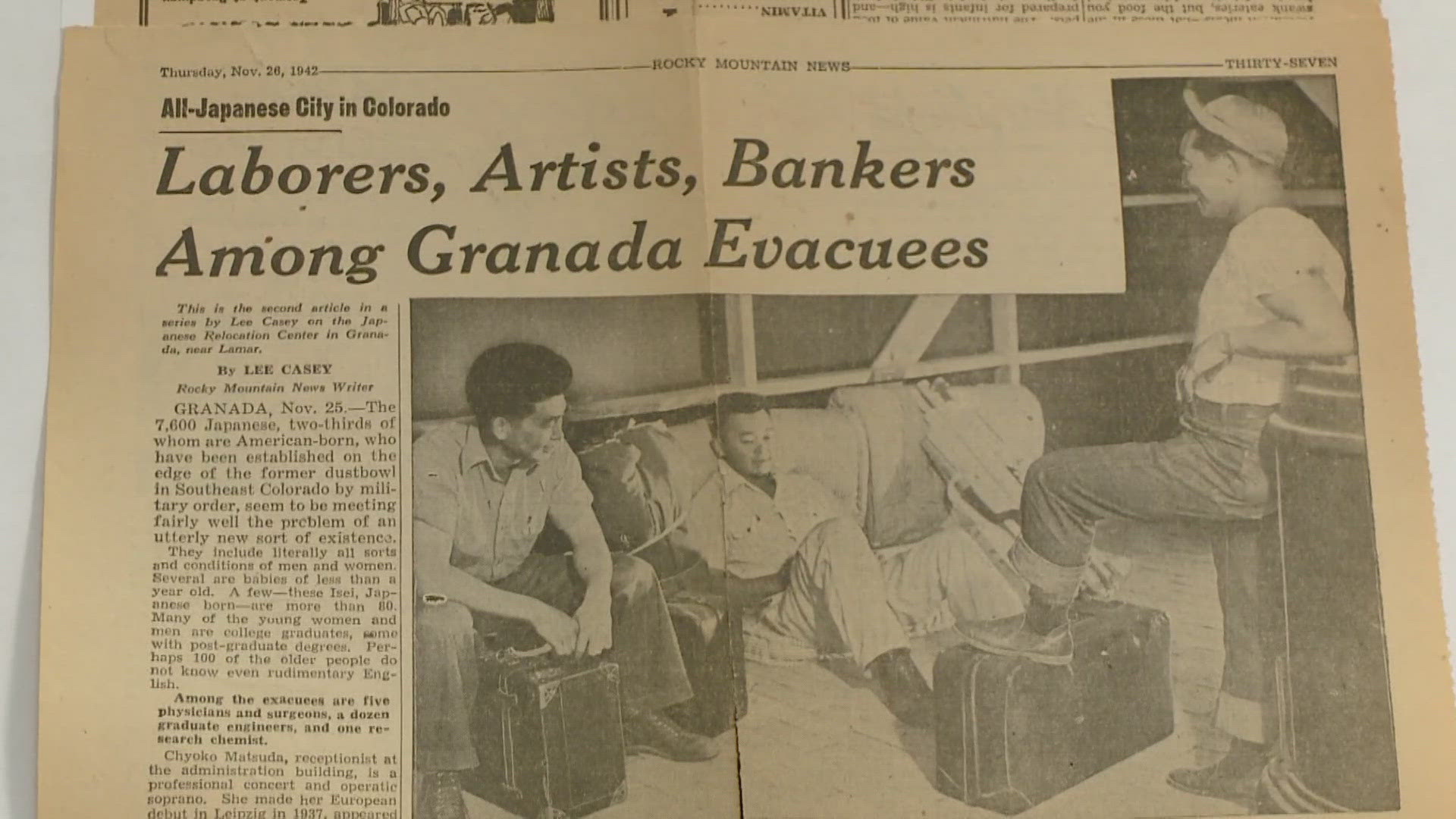GRANADA, Colo. — For decades, Japanese-Americans have been fighting to preserve Amache, the southeastern Colorado incarceration camp where 7,300 people were unjustly imprisoned during World War II.
Alongside them, also working to preserve history, has been Granada High School teacher, John Hopper, and his students.

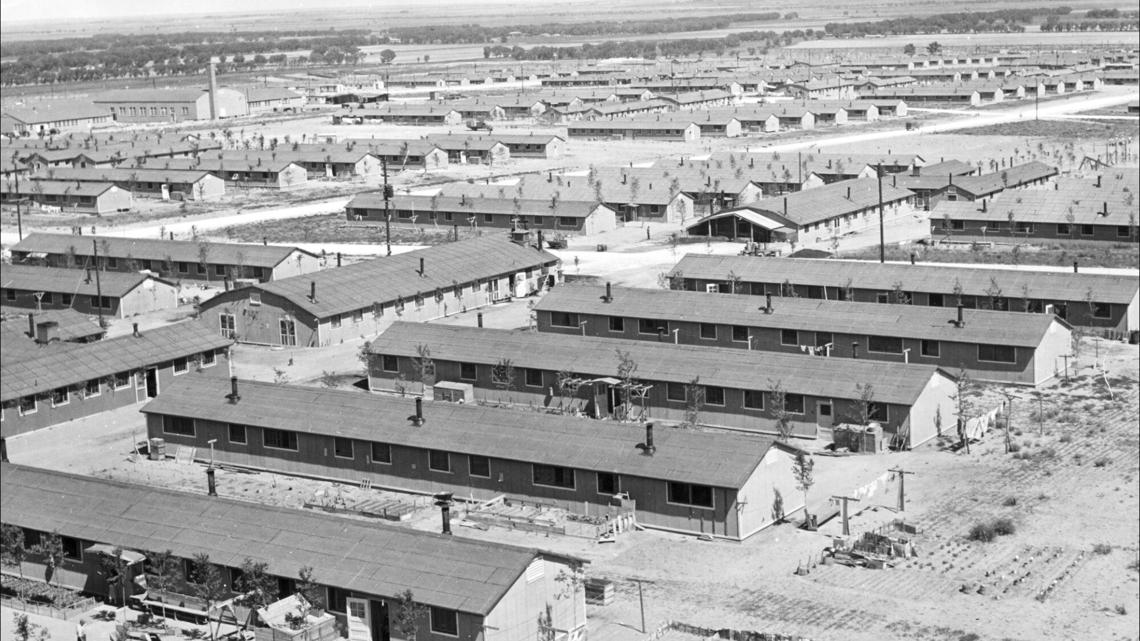
"It was an atrocity to say the least, what happened at Amache," said Triston Medina, 17.
Medina is a junior at Granada High School. He grew up right next to Amache, which is down the road from his school.
“We don’t learn about Amache in our [general] curriculum, even here at Granada High School," said Medina. "You have to take that class and you have to go out of your way."
He had to opt-in to a specific class to learn about the suffering that happened at Amache more than 80 years ago.
"Teachers don't teach a lot about it," said Mr. Hopper. "Students don't get a whole lot of it, especially in the state of Colorado."
Seeing the gaps in their history curriculum, and being so close in proximity to the site, Mr. Hopper decided to create a class focused on Amache in the early 90's.

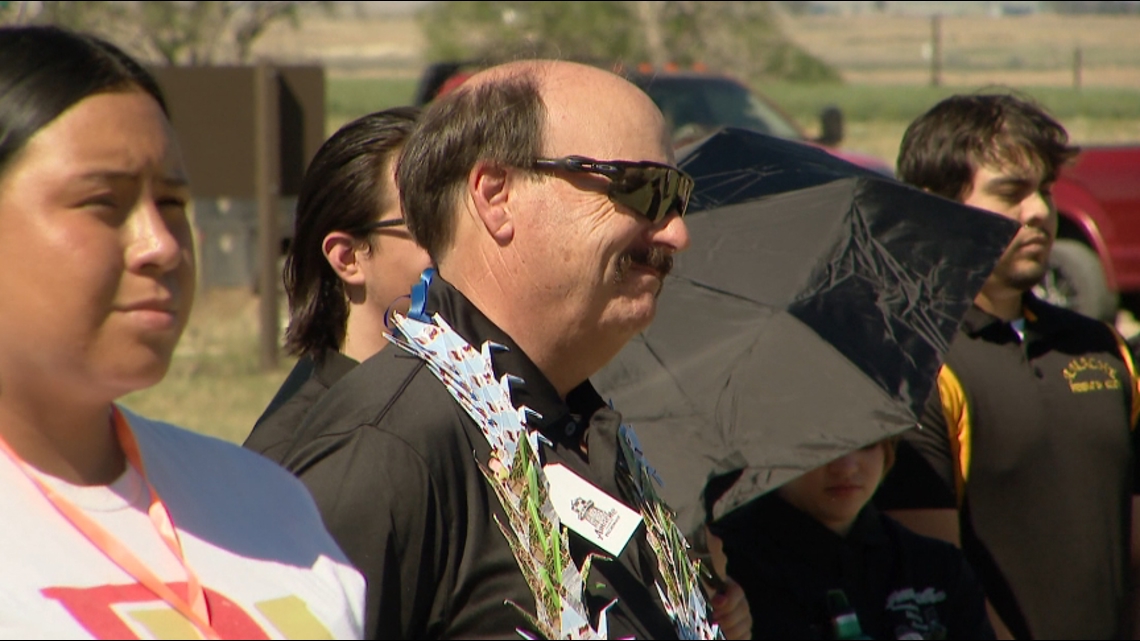
"You'd be surprised how many people have no clue what Amache is," he said. "It became important to educate everybody."
Now the dean of students, Mr. Hopper is still teaching that class more than 30 years later.
"I'm proud of every one of these students," he said. "I gloat over my students."
In his class, students aren't just pupils, but also preservationists.
"By preserving Amache, we get to learn about the history of what happened and by learning the history we won't repeat these horrible things," said junior Reece Block.

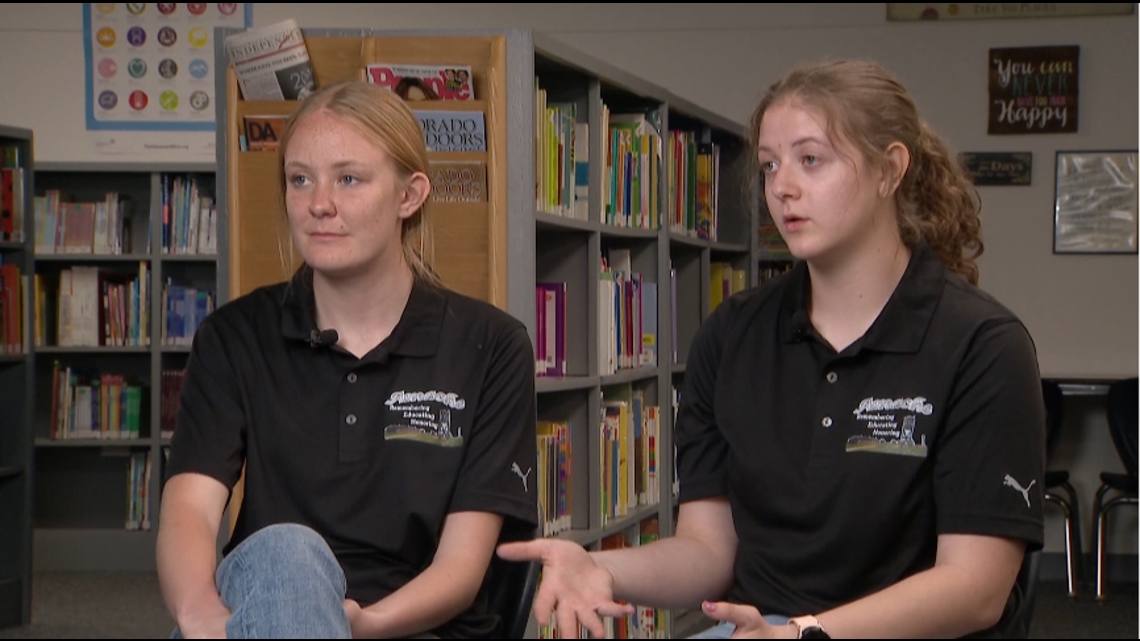
"I think that everyone needs to learn about it," said senior ToriLin Riddle.
Block, Riddle, and Medina are some of the latest generation of students to volunteer and maintain the physical site of Amache, while raising awareness about its history. They call themselves the Amache Preservation Society.
"All of this is to make sure their memories and what happened to them is never forgotten," said Medina.

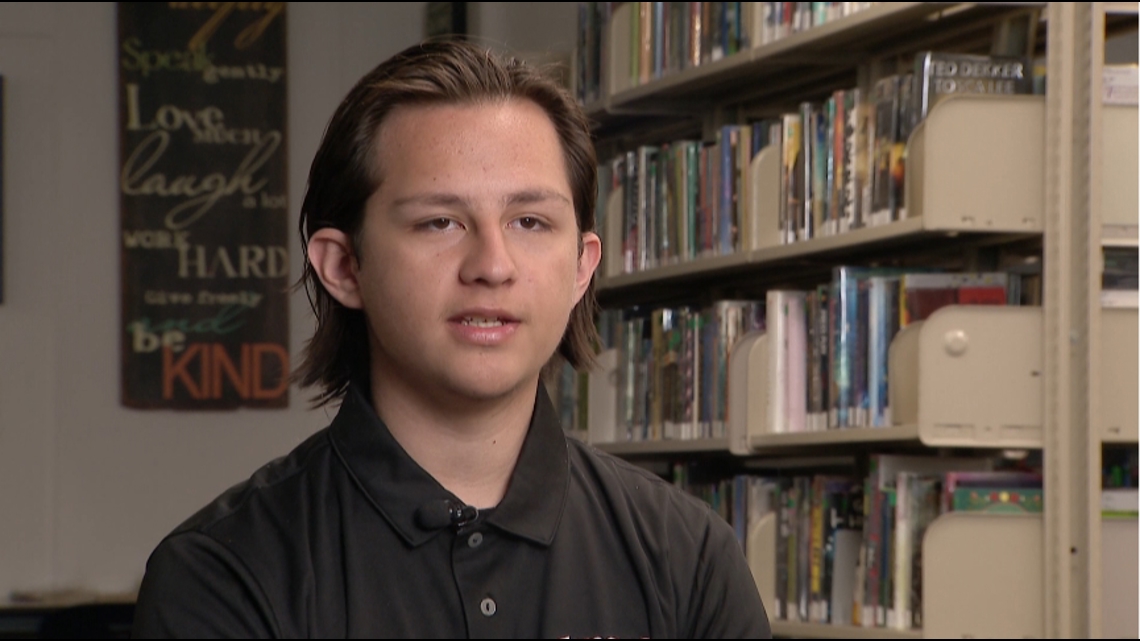
They've restored landmarks, renovated the cemetery, even established a museum with countless artifacts and stories of the families who lived there.
"We wanted to create living history files, stories and it ballooned from there," said Mr. Hopper.
What started as a class history project, interviewing Amache survivors, eventually turned in to a National Historic Site.
Back in February, Amache officially became the 429th unit of the National Park Service.
In May, a ceremony and ribbon-cutting was held with survivors, descendants, community leaders, and politicians.
Mr. Hopper's class was there, too.

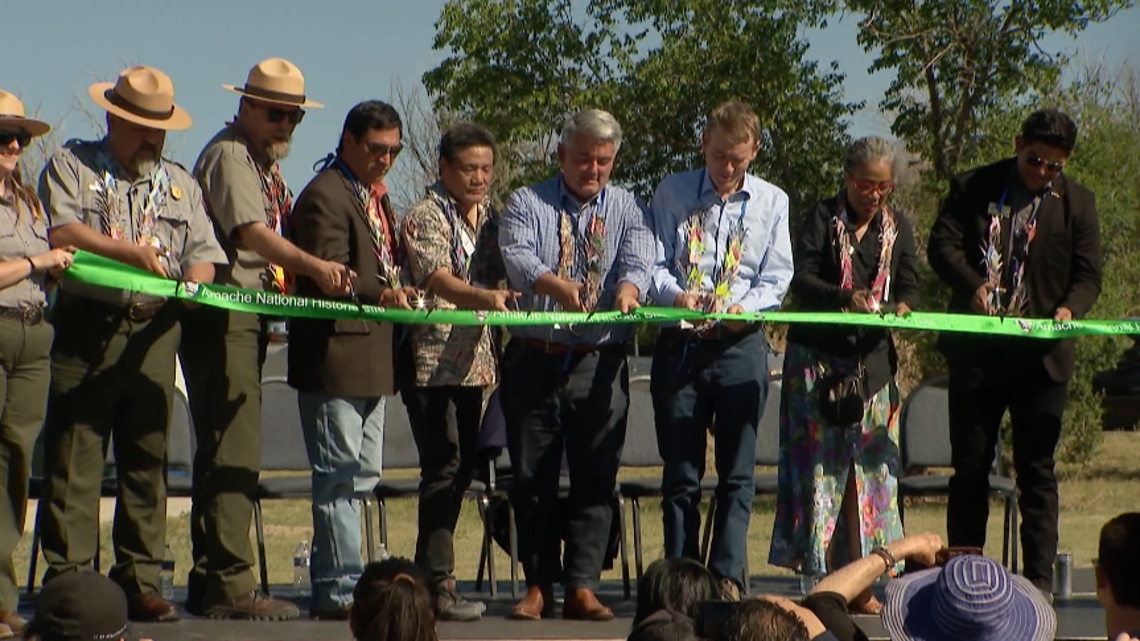
"The exhibits that you'll see along the road side, high school students wrote those, and I say that with great respect," said Eric Leonard, superintendent with the National Park Service.
Leonard said this kind of community-born advocacy is what makes national parks special.
"They don't just happen," said Leonard. "They take, sometimes, decades of work and community partnerships."
The work Mr. Hopper and his students have done over the decades is being recognized by Amache survivors and their descendants.
"I wanted to thank John as the premiere teacher that saw this place and said, 'This is a physical representation of living history and we need to use it,' That's what a good teacher does," said Mike Honda, Amache survivor and former U.S. Congressman.
Mr. Hopper's goal has always been to educate in order to prevent more tragedy.
"Could a President with a stroke of a pen put some minorities into a camp again? They can. We've got to go get that changed," said Mr. Hopper.
His students couldn't be more grateful for the impact he's had on their own futures and Amache's.
"I hope to go into constitutional law," said Medina. "Having one survivor, one descendant come up and shake our hand is worth more than any piece of paper, any plaque, any ribbon could ever be."
If you'd like a guided tour of Amache or to visit the museum, you can make a reservation by calling the Amache Preservation Society at: 719-734-5492 or by email at amache@usa.com.
Tune in to 9NEWS at 4 p.m. on Monday, June 17 for the second part of this story. You'll meet an Amache survivor, imprisoned at age three, and still helping to excavate the site today.
SUGGESTED VIDEOS: Colorado’s History

